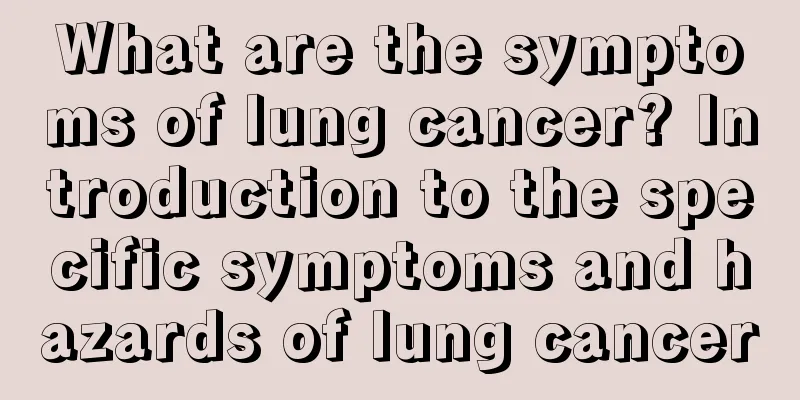Are vocal cord polyps serious?

|
If you suffer from vocal cord polyps, the patient will experience problems with pronunciation or breathing. Vocal cord polyps are a throat disease that poses a great threat to health. Therefore, this disease cannot be ignored. Once similar symptoms are found, you should go to the hospital for a more comprehensive examination and undergo surgical treatment if necessary. 1. What are vocal cord polyps? Vocal cord polyps refer to grayish white, smooth polyp-like tissue occurring on the front and middle edge of one vocal cord. They are usually single or multiple on one side, with a pedicle or a broad base. They are often grayish white and translucent, or appear as small red protrusions. Those with pedicles often move up and down with breathing. Large ones can block the glottis and cause breathing difficulties, affecting pronunciation. 2. Are vocal cord polyps serious? Doctors pointed out that the throat is an important organ of the human body, and vocal cord polyps are a type of throat disease that poses a great threat to the patient's health. Patients with vocal cord polyps usually experience hoarseness, but the degree of hoarseness varies depending on the size and location of the polyps. In mild cases, there is only a slight change in the voice, while in severe cases, there is obvious hoarseness and even difficulty in speaking. Vocal cord polyps are mostly located at the junction of the anterior and middle thirds of the vocal cords. Generally, vocal cord nodules in children do not need to be treated for the time being, while nodules or polyps in adults usually require surgery to treat. After the operation, you should generally keep silent and can do nebulization treatment. At the same time, pay attention to the pronunciation method and avoid excessive vocalization to prevent recurrence. If the patient feels discomfort in the throat or has symptoms of hoarseness, he should go to the hospital for examination and treatment in time. 3. Preventive Care 1. Treat acute laryngitis promptly to prevent it from becoming chronic. 2. Prevent excessive use of the voice. Teachers and artists should pay attention to the correct vocalization method, especially during a cold. 3. Strengthen labor protection and properly handle harmful gases, dust, etc. in the production process. 4. When the disease occurs, you should keep silent appropriately, avoid excessive use of your voice, quit smoking and drinking, and actively treat lesions in adjacent organs. |
<<: What causes vocal cord polyps
>>: Do esophageal polyps need to be removed?
Recommend
Early symptoms and signs of testicular cancer
Early symptoms and precursors of testicular cance...
Tips on how to remove nail polish
In order to make their nails more beautiful and c...
What high-risk conditions predict gallbladder cancer?
The best time to treat cancer is in the early sta...
What will happen if you smoke after having a tooth extracted
When teeth become diseased, many people will choo...
What are the causes of nasopharyngeal cancer?
Nasopharyngeal carcinoma is a common malignant tu...
Common causes of redness on both sides of the nose
In traditional Chinese medicine, the color of the...
Is low voltage 51 normal?
When the low blood pressure reaches 51, it is alr...
How to prevent cervical cancer? Common symptoms of cervical cancer
If you can detect cervical cancer as soon as poss...
Can lack of sleep also cause liver cancer? 8 bad habits are most likely to induce liver cancer
Liver cancer is one of the most common malignant ...
How to peel green walnuts
Everyone knows that walnuts are very nutritious a...
What are the nursing measures for interventional treatment of liver cancer? 8 nursing measures for interventional treatment of liver cancer
Interventional treatment care is mainly performed...
Is rickets a chest deformity?
Thoracic deformity is a disease with relatively h...
Optic atrophy, common symptoms and signs
Optic atrophy can be primary, secondary or ascend...
Is the misdiagnosis rate of early cervical cancer high? What are the correct treatments for cervical cancer?
Cervical cancer is the most common gynecological ...
What is hemolytic Vibrio?
Some diseases in our current life are caused by b...









